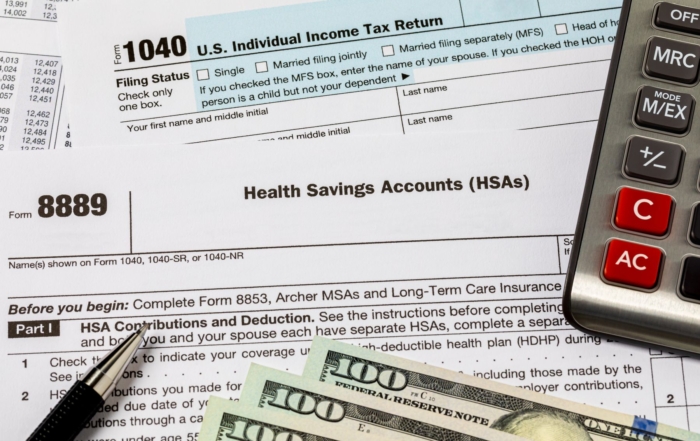Beginning on January 1, 2023, employers of all sizes will be prohibited from discriminating against applicants and employees on the basis of their erased criminal history records. This closes the loophole in the current law, which in effect allows employers to discriminate against employees based on erased criminal history that occurs during employment.
Additionally, employers that ask about an applicant’s criminal history on an application will have to update their notice to indicate the following:
- The applicant is not required to disclose the existence of any erased criminal history record information,
- Erased criminal history record information are records pertaining to a finding of delinquency or that a child was a member of a family with service needs, an adjudication as a youthful offender, a criminal charge that has been dismissed or nolled (not prosecuted), a criminal charge the person has been found not guilty of or a conviction the person received an absolute pardon for, or criminal records that are erased pursuant to statute or by other operation of law, and
- Any person with erased criminal history record information is deemed to have never been arrested within the meaning of the law with respect to the erased criminal history and may swear under oath to that fact.
Note that under state law, employers are prohibited from asking about an applicant’s criminal history on an initial application unless they are required to do so by state or federal law, or if the position requires a security, fidelity, or other similar bond.
Action Items
- Revise your equal employment policies to include erased criminal history as a protected characteristic.
- If you ask about applicants’ criminal history on your applications, update the required notice.
These changes in Connecticut law underscore the critical importance of adapting to evolving employment discrimination protections. It’s paramount for employers of all sizes to revise their current practices and update their policies to accommodate criminal history as a protected characteristic. In this changing landscape, understanding and implementing the new regulations will not only promote fair hiring practices but also protect organizations from potential legal ramifications.
Recent Posts
Poison Ivy, Oak & Sumac Safety Guide for Landscaping, Construction, and Outdoor Workers
Why Construction and Outdoor Workers Need to Know About Poison Plants The CDC reports that 80-90% of adults develop rashes from poison ivy exposure, and [...]
Multi-State Business Operations: Insurance and Compliance Strategies for Growing New Hampshire Auto Companies
Picture a successful New Hampshire automotive dealership that starts with a single location in Manchester. Over time, they expand their service territory, hire employees who [...]
Revolutionary HSA Changes in the 2025 Budget Bill: Your Complete Guide to Expanded Benefits
Introduction: A Game-Changer for Healthcare Financial Planning The 2025 federal budget reconciliation bill, recently passed by the House, introduces the most significant expansions to Health [...]




